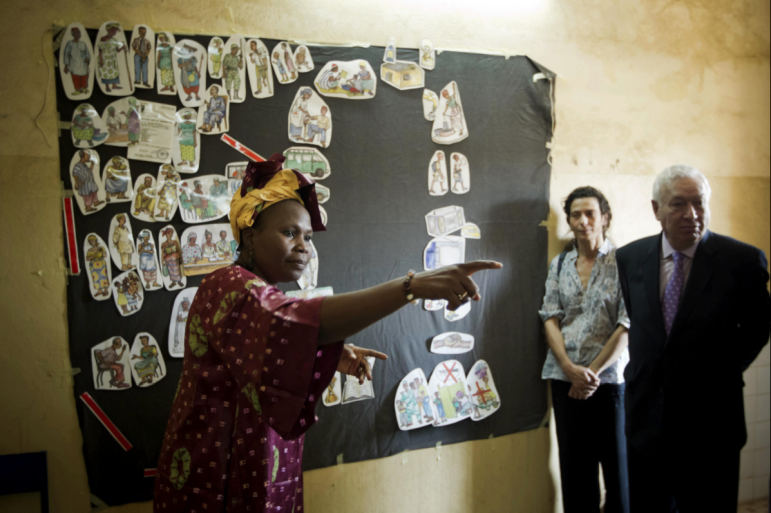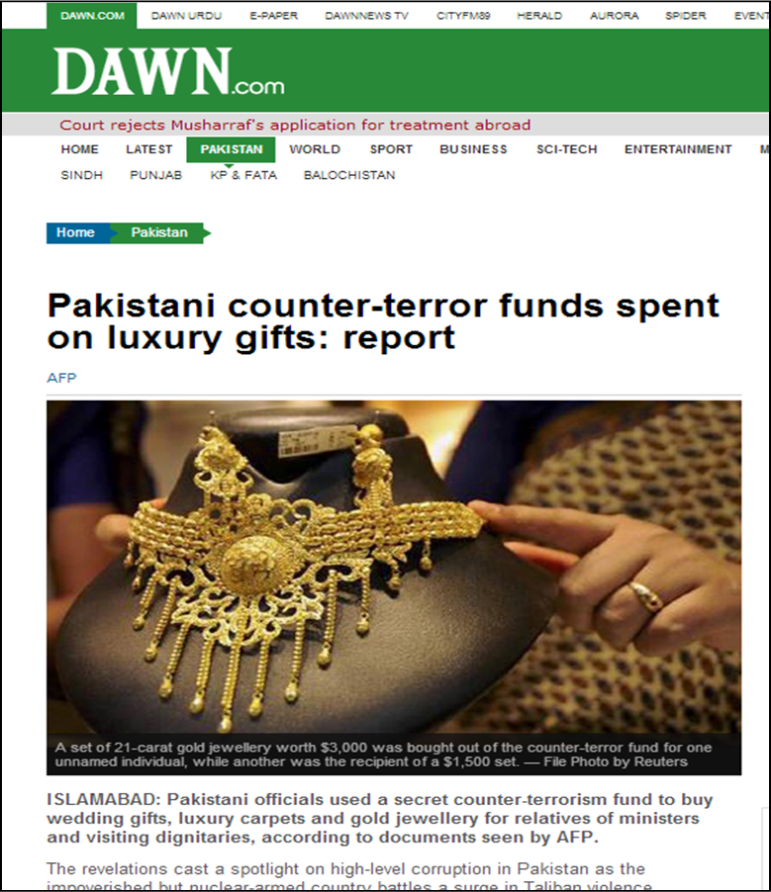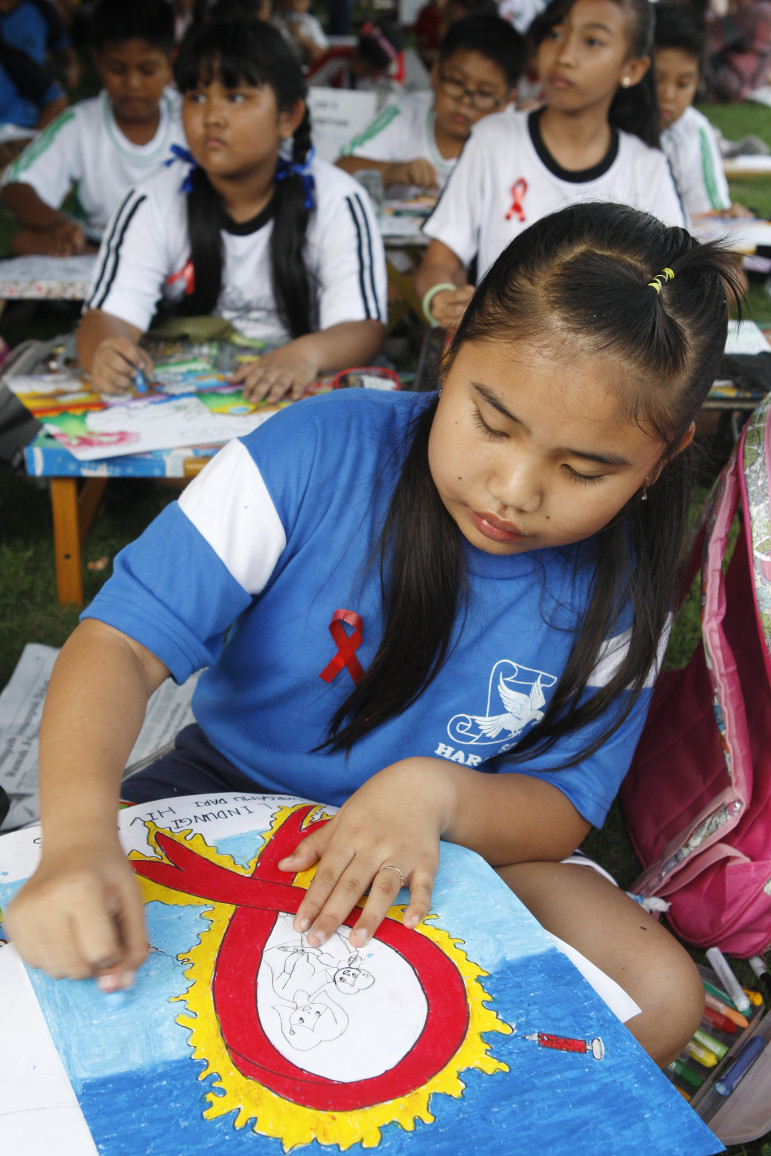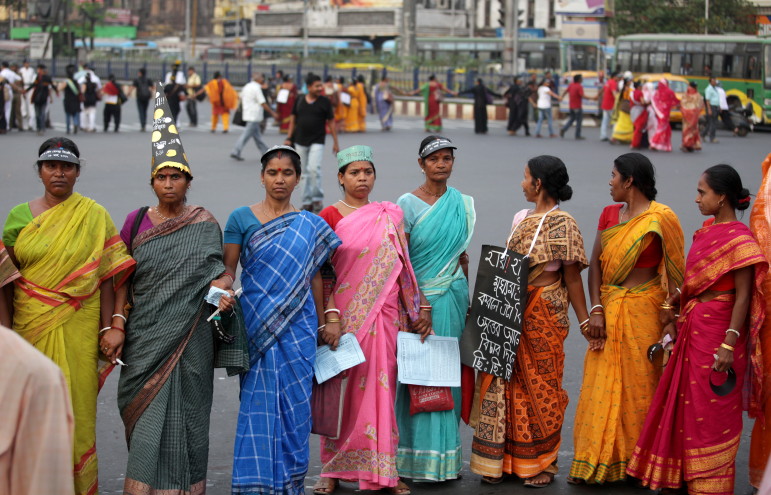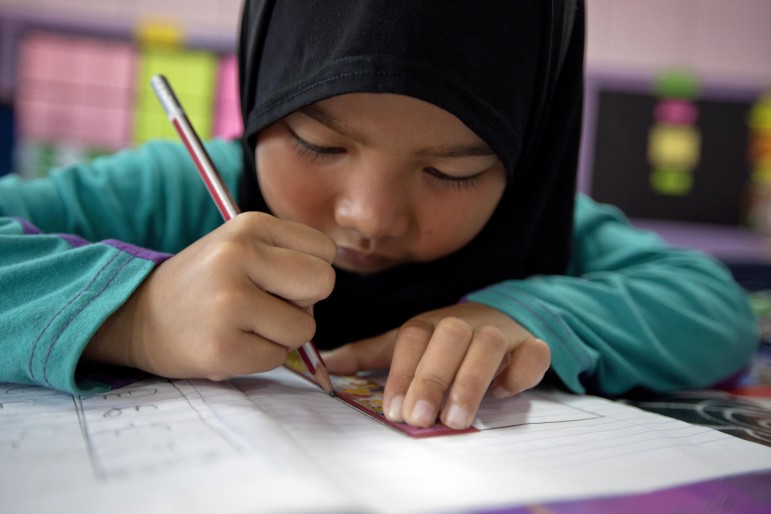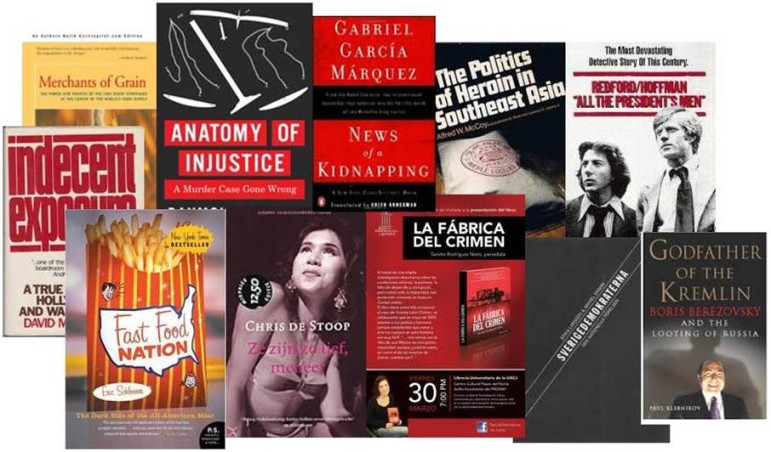
News & Analysis
Resources: A Guide to Investigative Books and Films
In June 2013, we invited our colleagues in the Global Investigative Journalism Network to name the book-length works of journalism, scholarship, and even fiction that had influenced their practice as investigators. The resultant list isn’t comprehensive – though we invite you to help complete it by sending us your favorites, including full title, authors, publication or broadcast date, a one-line bio to identify yourself so we can give you credit, and two or three lines that explain why you find a given work special. (Let someone else recommend your own stuff, please.)

